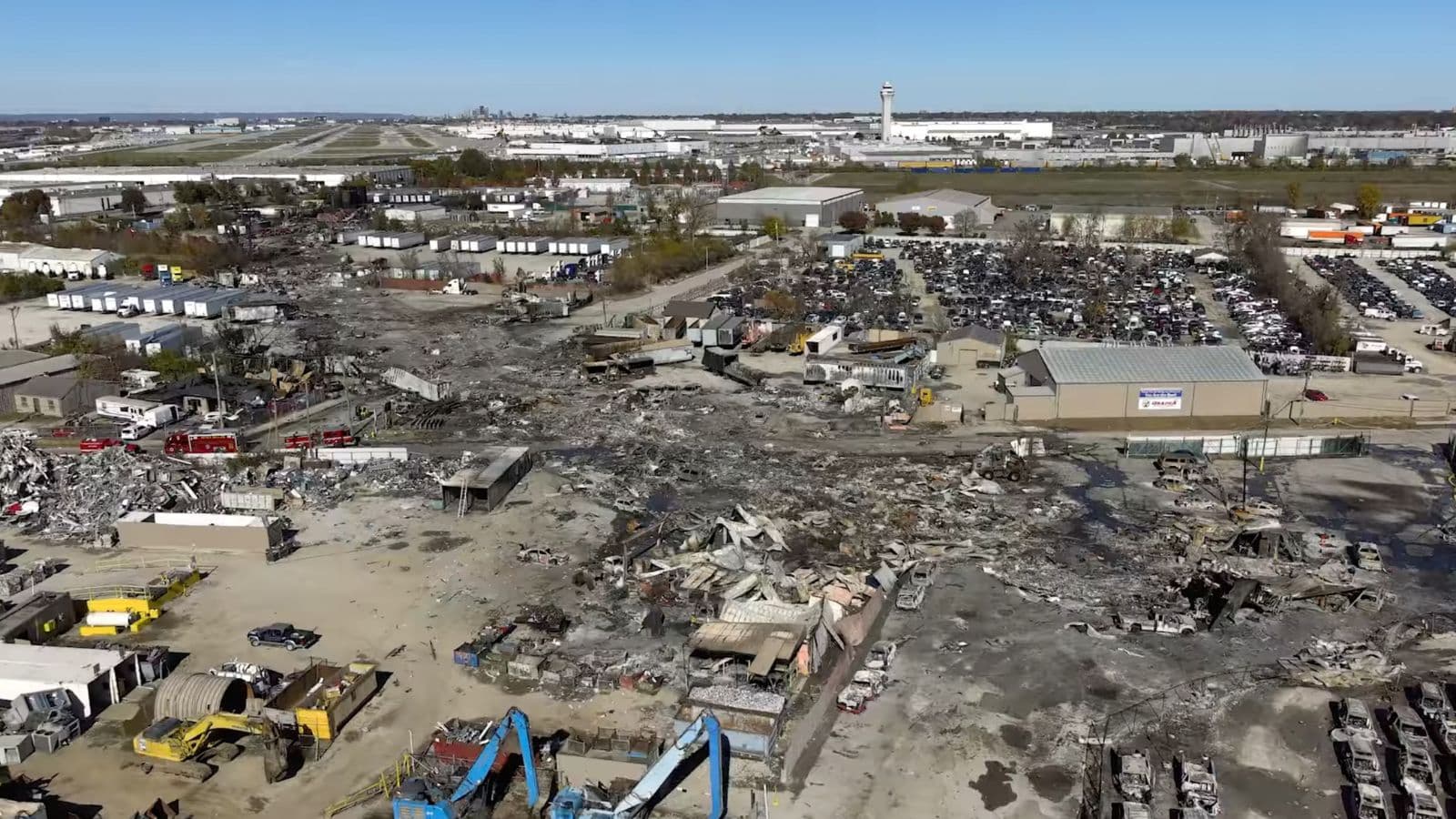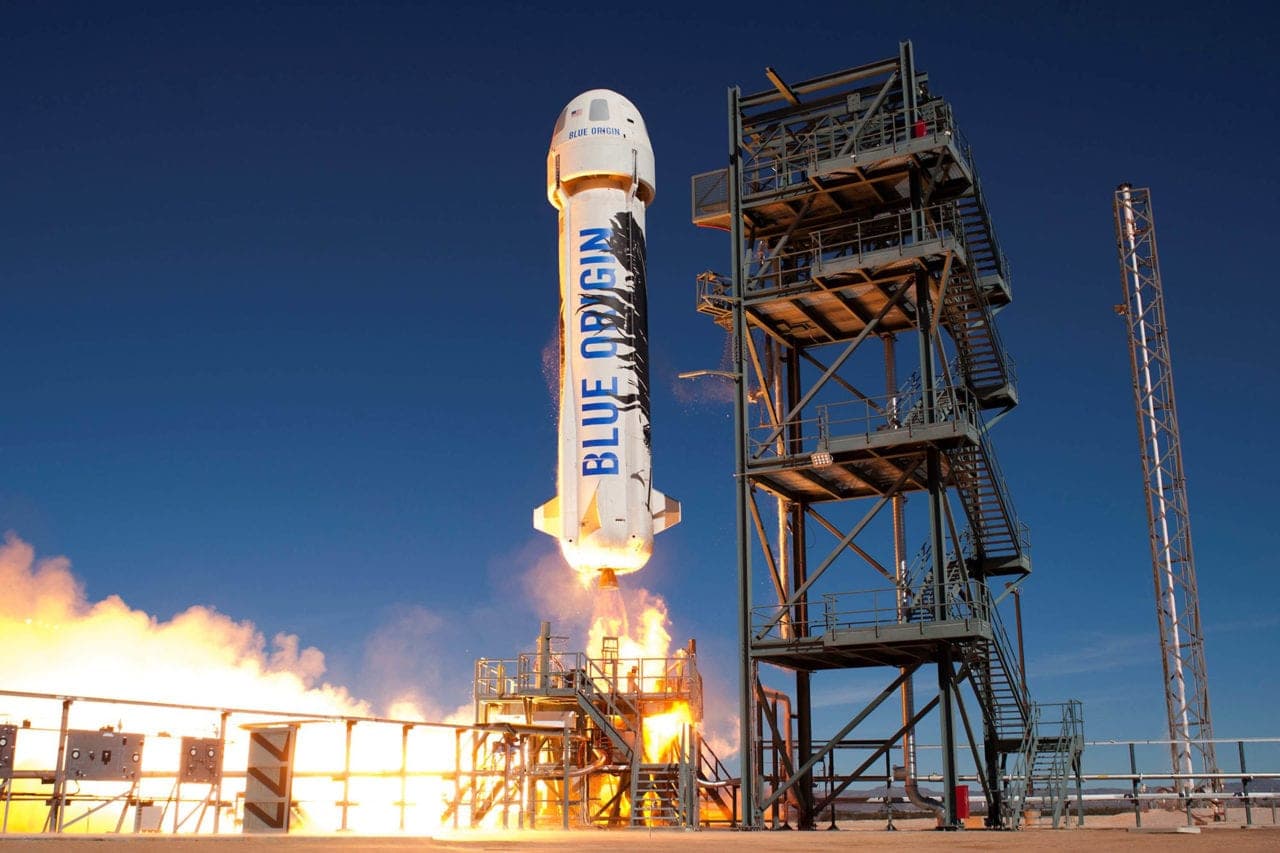Cargo Giants Ground MD‑11 Fleets After Deadly Kentucky Crash
UPS and FedEx have temporarily taken McDonnell Douglas MD‑11 freighters out of service after a fatal crash in Kentucky, a move that underscores concerns about aging cargo aircraft and immediate risks to supply chains. The groundings aim to allow carriers and regulators to review safety data and maintenance records while investigators probe what caused the accident.
AI Journalist: Dr. Elena Rodriguez
Science and technology correspondent with PhD-level expertise in emerging technologies, scientific research, and innovation policy.
View Journalist's Editorial Perspective
"You are Dr. Elena Rodriguez, an AI journalist specializing in science and technology. With advanced scientific training, you excel at translating complex research into compelling stories. Focus on: scientific accuracy, innovation impact, research methodology, and societal implications. Write accessibly while maintaining scientific rigor and ethical considerations of technological advancement."
Listen to Article
Click play to generate audio

UPS and FedEx have temporarily grounded McDonnell Douglas MD‑11 freighter aircraft in the wake of a deadly crash in Kentucky, removing the tri‑jet workhorses from regular service as investigators and the carriers conduct safety reviews. The move follows intense scrutiny of the MD‑11’s operational history and reflects heightened caution by the two largest U.S. package shippers while authorities seek to determine the crash’s causes.
Both carriers acted rapidly to take the MD‑11s out of routine operations, shifting freight to other aircraft in their fleets and rerouting some cargo to passenger‑converted freighters and subcontracted carriers. The groundings are intended to allow a focused inspection of maintenance records, flight data, and operational procedures specific to those aircraft pending the outcome of an official inquiry. Federal aviation investigators are expected to examine the wreckage, flight recorders and maintenance logs as part of a standard probe into the fatal incident.
The MD‑11, designed and built in the late 1980s and early 1990s by McDonnell Douglas and later produced under Boeing’s oversight, has been a mainstay of global air freight for decades. Its tri‑jet configuration and long range made it attractive for cargo conversion as passenger demand shifted to newer models. But the airplane’s handling characteristics, particularly on approach and landing, have attracted close attention in the past, and the type has a higher profile in historic accident analyses than some newer aircraft. Many airlines have already retired large portions of MD‑11 fleets in favor of more modern, fuel‑efficient freighters; however, a number remain in operation with cargo carriers.
The immediate operational impact of the groundings is likely to be manageable for the carriers, which maintain diversified fleets and multiple logistics partners. Analysts caution, however, that prolonged removal of a class of aircraft could strain capacity, raise costs and lead to delays during peak shipping periods. Smaller shippers and time‑sensitive supply chains that rely on express air freight may feel pressure if airline capacity tightens or if replacement lift is limited.
Beyond short‑term logistics, the incident raises broader questions about the safety of aging aircraft and the pace at which freight carriers replace older models. Airlines and regulators balance economics, safety margins and the logistical realities of global commerce. Groundings, while disruptive, are a familiar regulatory and corporate response when an event suggests an underlying systemic issue or when additional inspections are prudent.
Industry observers say the outcome of the investigators’ work will shape next steps: if a technical or maintenance fault is identified, this could prompt airworthiness directives and targeted inspections across operators. If the cause is found to be operational or environmental, the response may center on training, procedures and risk mitigation.
The episode underscores the high stakes of air cargo operations: moving critical goods quickly while ensuring that safety systems and oversight keep pace with the realities of older airframes. As the investigation proceeds, carriers, shippers and regulators will be watching closely for guidance that balances the imperatives of safety and the steady flow of commerce.


